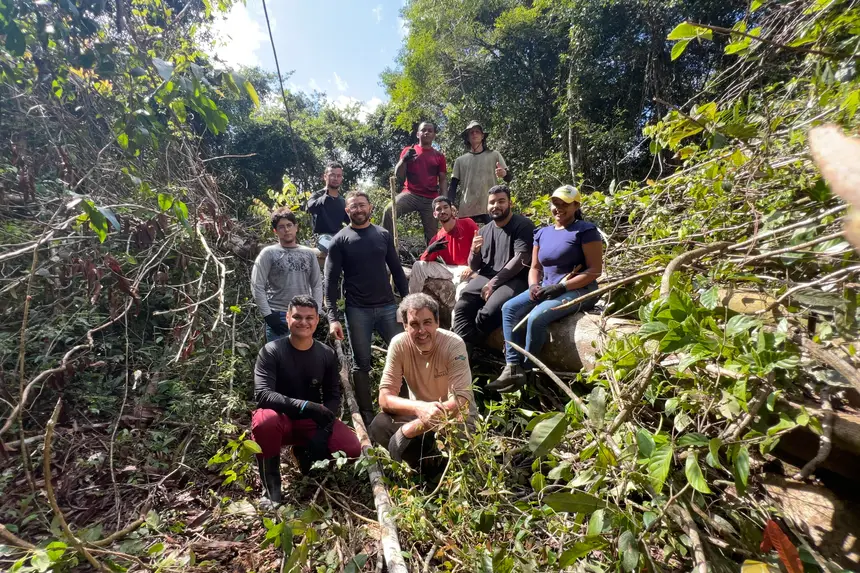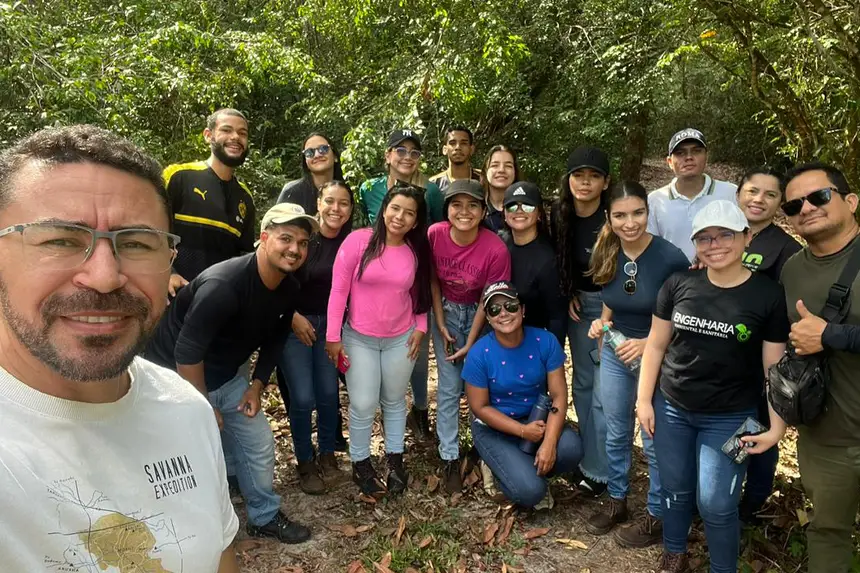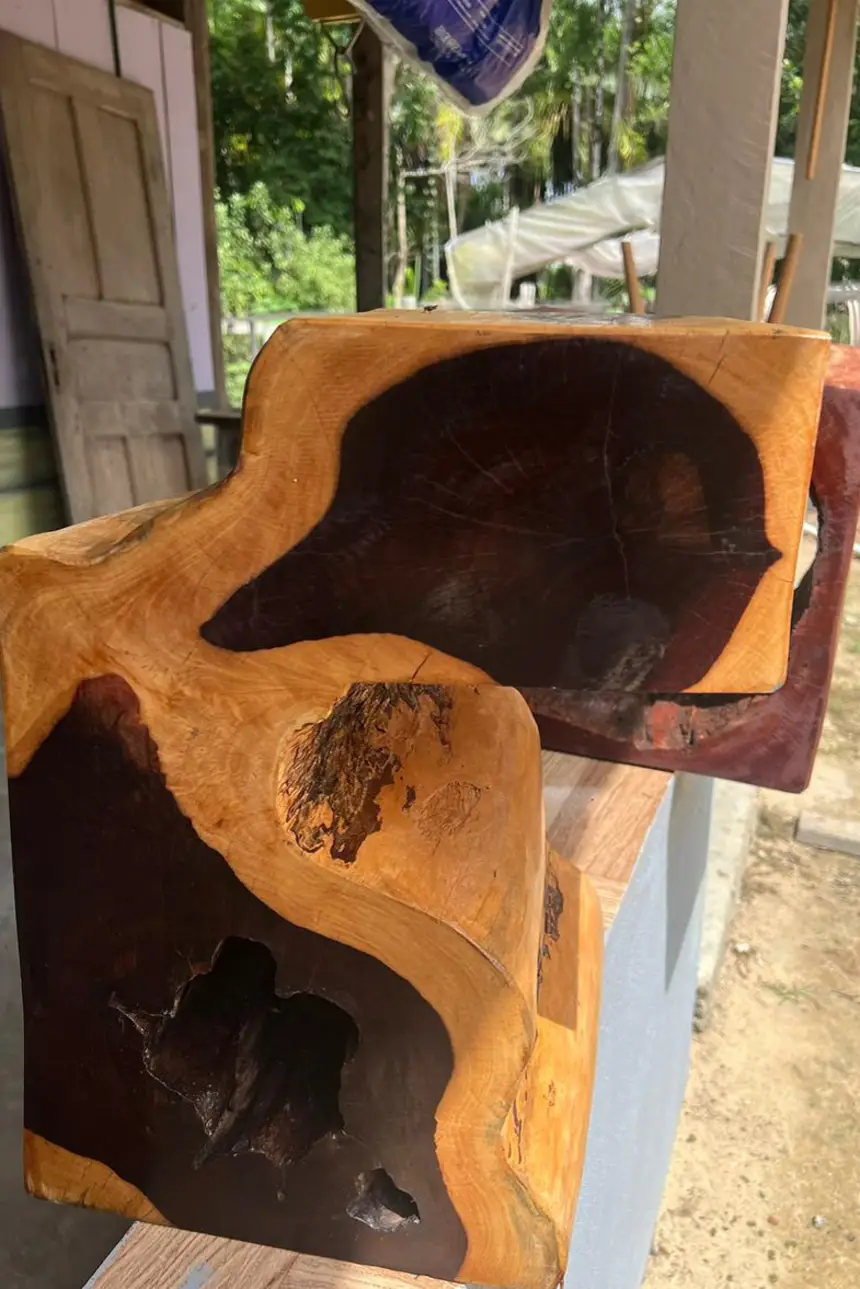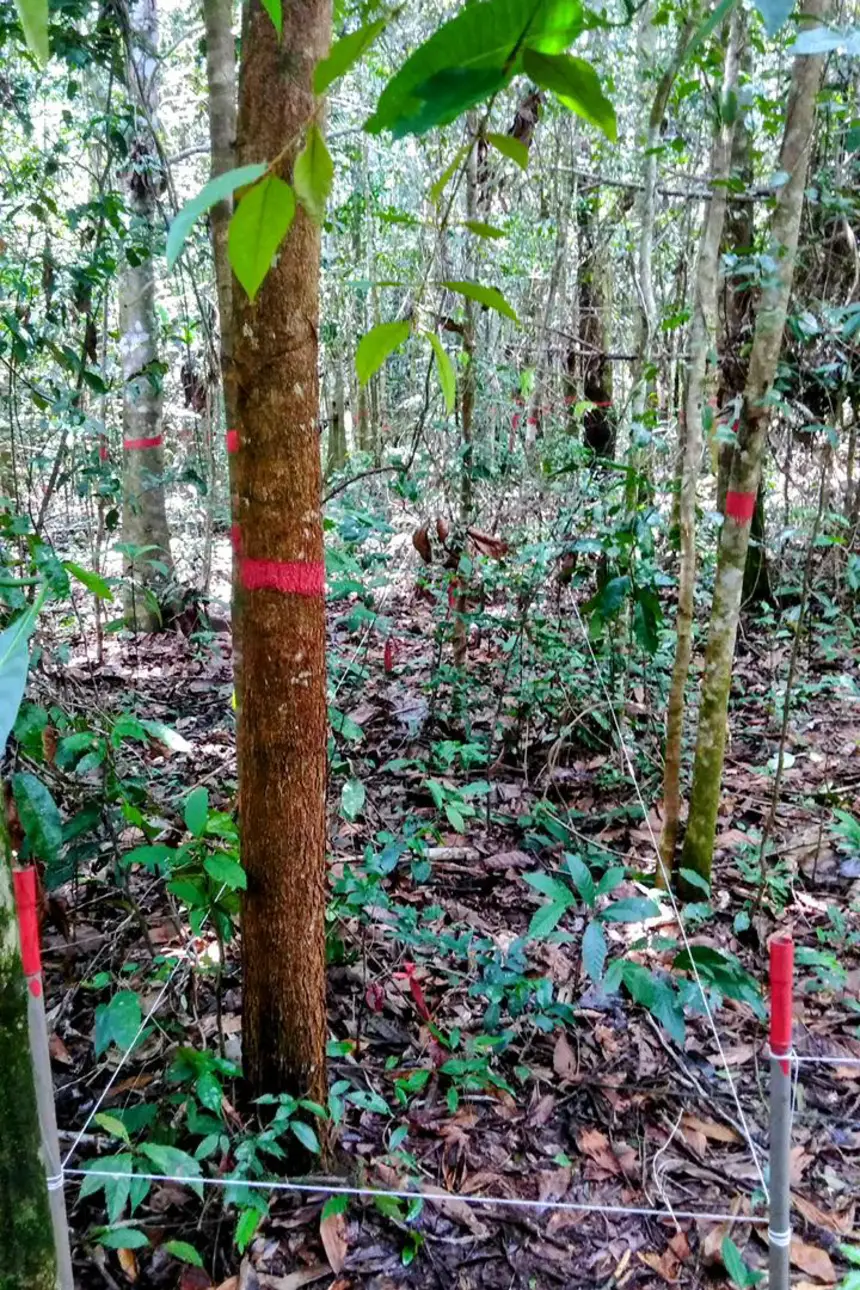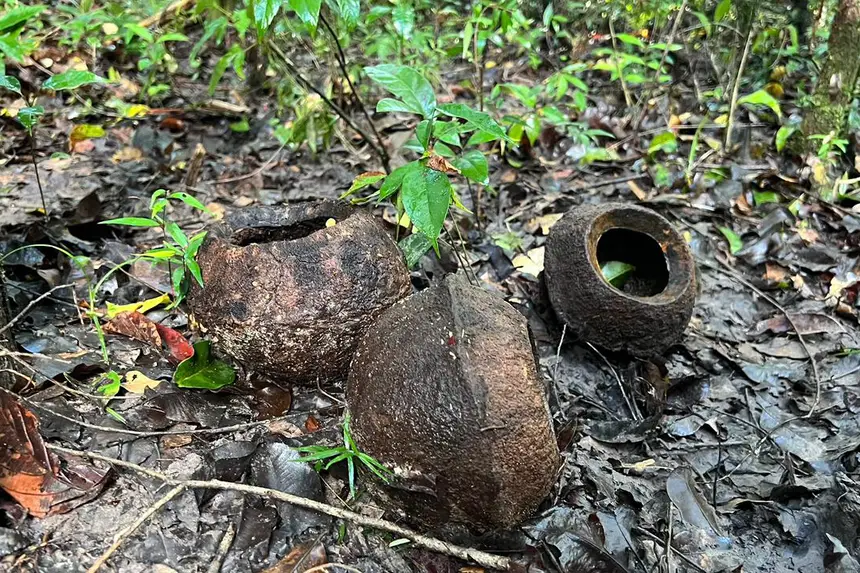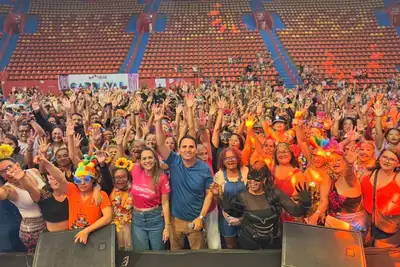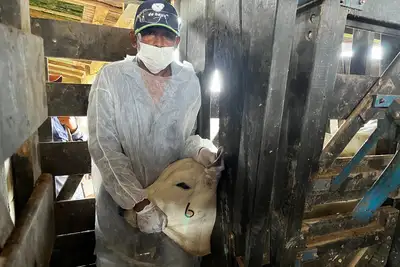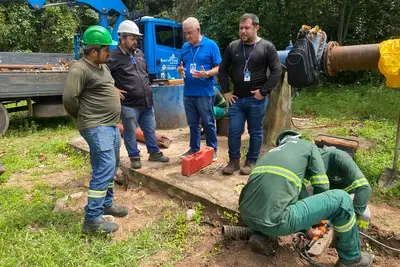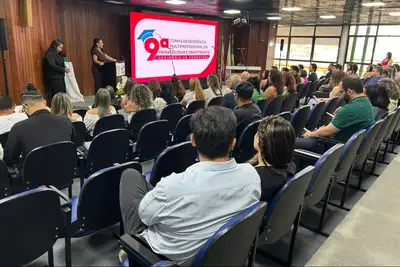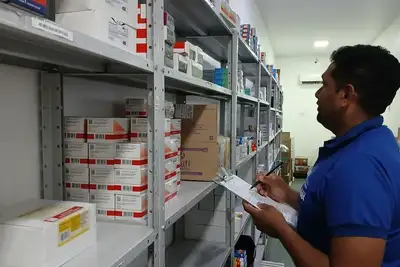With support from Fapespa, project transforms forest inputs into handcrafted pieces of high cultural and economic value
The initiative encompasses a set of activities aimed at the sustainable use of secondary forests in the northeastern region of Pará, focusing on valuing biodiversity and promoting sustainable economic alternatives
Vines, fruits, seeds, and pieces of wood, which, through appropriate techniques, are transformed into handcrafted pieces of high cultural and economic value. From these resources and with the proposal to promote professionalization and expand market opportunities, groups of artisans from the municipality of Igarapé-Açu foster the bioeconomy in northeastern Pará. Currently, the project directly benefits 20 families engaged in the production of handicrafts from recyclable materials and non-timber forest resources.
According to Luiz Fernandes Silva Dionísio, a professor at the State University of Pará (Uepa) and the Federal Rural University of the Amazon (Ufra), and the researcher responsible for the project on the topic: Management of vines in secondary forests: strategies for community development, conservation, and sustainability of natural resources in the municipality of Igarapé-Açu, Pará, the project aims to boost the local economy by offering new job and entrepreneurship opportunities while promoting the appreciation of traditional knowledge of the involved communities.
Moreover, according to the researcher, the project contributes to social inclusion, cultural preservation, and the construction of a more just, participatory, and sustainable development model. In his assessment, promoting the development of sustainable activities reconciles environmental conservation with income generation, creating economic alternatives that respect and value biodiversity.
With this proposal, the project gained the support of the Amazon Foundation for the Support of Studies and Research (Fapespa), which prioritizes projects that directly contribute to strengthening the Amazon economy and promoting sustainable development in the region. The execution of the research also counts on the partnership of the Reference Center for Sustainable Agricultural and Forestry Technologies, of the Brazilian Agricultural Research Corporation (Embrapa), represented by Gustavo Schwartz.
“This integration strengthens society's capacity to face social, economic, and environmental challenges while promoting innovation and valuing regional biodiversity. Therefore, Fapespa's investment is not limited to the financial aspect but represents a concrete commitment to social transformation, inclusion, and building a more sustainable future for the Amazon,” explained Professor Luiz Dionísio about the important partnership with the Foundation, which, through resources from the state government, drives the advancement of research, science, and innovation in the State of Pará.
Umbrella project – A nomenclature commonly used in the unofficial academic environment that designates projects that encompass and structure research programs on various themes and areas of knowledge that correlate and support each other within a larger project, that is, the project on the Management of vines in secondary forests encompasses a series of interconnected smaller research and activities, which can guide other research or dissertations in the social and environmental area. The development of a proposal of this nature has great strategic value for the region, as it favors a balanced and responsible relationship with nature through sustainable practices.
Research - Since its inception until the present moment, the project has been achieving significant advances in its activities, which began with three field trips aimed at inventorying the study areas. In these areas, a detailed survey of all existing vine species was conducted, with identification at the species level and subsequent classification according to their different categories of use. This stage generated valuable information for the research team, guiding both the conservation and sustainable use of these resources. Additionally, at this initial moment, the project promoted a preliminary training with the beneficiary families, aimed at guiding the proper collection of timber and non-timber materials, ensuring the handling of sustainable practices and respect for the limits of the forest.
“Fapespa's support not only guarantees the execution of planned activities but also enables the training and qualification of new human resources, creating opportunities for researchers, students, and local professionals. Furthermore, funding initiatives that involve the community is essential to stimulate the exchange of knowledge, uniting scientific knowledge with the traditional and empirical knowledge of Amazonian populations,” reinforced the project coordinator.
Vegetal extraction – The practice without prior cultivation of the areas is a traditional economic activity based on the collection of fruits directly from nature, being practiced in various regions, especially in the Amazon. This practice, when done correctly and sustainably, encourages the maintenance of native vegetation cover, the preservation of ecosystems, and climate regulation. When harmful to the environment, it is usually carried out in a predatory manner, that is, with excessive collection of products, without proper management of the native forest resources.
According to the United Nations Sustainable Development Goals (SDGs), SDG 12 addresses Responsible Consumption and Production, reinforcing the context of preserving the productive chains of Amazonian resources, aligning sustainability and stimulating the regional bioeconomy, coupled with the protection and conservation of Brazilian flora. "Research is essential in all areas for economic and social development. This project is a clear example that the appreciation of traditional knowledge, culture, and the maintenance of the living forest are closely linked to science," evaluates the president of Fapespa, Marcel Botelho.
For the upcoming months of 2025, the project highlights two important news: the realization of a course focused on the making of handicrafts, aimed at improving design techniques and adding value to products made with inputs taken from the forests. In December, the expectation for the project's conclusion involves the realization of a training course in business modeling for socio-environmental impact, preparing artisans to transform their activities into sustainable and competitive enterprises in the market.
Thus, these actions result in strengthening the local market, increasing competitiveness, and attracting new perspectives for the socio-economic development of the region. At the same time, an environment of innovation and social inclusion for these communities is created, where economic growth goes hand in hand with biodiversity conservation and improving the quality of life of the population, which survives on resources derived from secondary forests.



